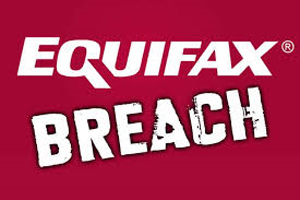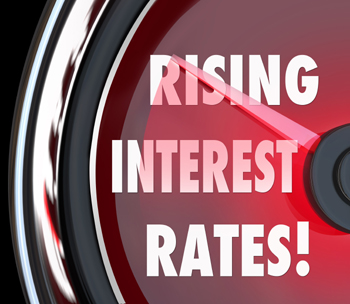If you have been watching the news, you have heard about proposed tax reform, and the  fact that they may remove the mortgage interest deduction. You may be wondering how this is going to affect the housing market. Forbes says that the real state industry is going to be just fine. Refer Forbes Nov 6, 2017. The process of tax reform has officially started with the release of the first draft of the House tax reform bill, dubbed the Tax Cut and Jobs Act. The National Association of Realtors and the National Association of Home Builders almost instantly came out in opposition to the plan because of two changes that will limit the deductibility of mortgage interest. NAR President Warren Brown said, “The nation’s 1.3 million Realtors® cannot support a bill that takes homeownership off the table for millions of middle-class families.” Yet, contrary to their worries, the real estate industry will be just fine under the proposed reforms.
fact that they may remove the mortgage interest deduction. You may be wondering how this is going to affect the housing market. Forbes says that the real state industry is going to be just fine. Refer Forbes Nov 6, 2017. The process of tax reform has officially started with the release of the first draft of the House tax reform bill, dubbed the Tax Cut and Jobs Act. The National Association of Realtors and the National Association of Home Builders almost instantly came out in opposition to the plan because of two changes that will limit the deductibility of mortgage interest. NAR President Warren Brown said, “The nation’s 1.3 million Realtors® cannot support a bill that takes homeownership off the table for millions of middle-class families.” Yet, contrary to their worries, the real estate industry will be just fine under the proposed reforms.
At this point the House Republican tax reform proposal does three things that the real estate industry doesn’t like. First, it limits the mortgage interest deduction to $500,000 (down from a million) and to primary residences only. Second, it doubles the standard deduction, which would reduce the number of households that would need to bother with the mortgage interest deduction. Finally, the plan places some more stringent limits on who can claim the capital gains exclusion when selling a house and how often.
Each of these changes somewhat limits the tax advantages that have been conferred on homeowners, especially homeowners who use debt to finance their home purchases. To listen to the lobbyists for the real estate industry, these changes will be the end of the industry, plunging the housing sector back to the depths it experienced in the recent recession. Yet, the math just doesn’t add up on those claims. Let’s take a look at the numbers.
About 64% of Americans own a house. Roughly two-thirds of those homeowners have a mortgage. Only 6% of all mortgages are for $500,000 or more. Put all those numbers together and you will find that home builders and realtors think their world is ending over policy changes to the mortgage interest deduction that impact only about 2.5% of American households. Plus, existing mortgages are grandfathered in, so anyone who purchased a home expecting the deduction will continue to enjoy it. The number who won’t take advantage of itemized deductions anymore is somewhat larger, but still a small minority of households as many homeowners already used the standard deduction.
While it is certainly true that there are some locations where a significantly higher share of home buyers will be impacted, it is also true that the mortgage interest deduction is not being restricted in a vacuum. Yes, a few million American households may soon only be able to deduct interest on the first $500,000 of new mortgage debt. However, these are high-income households and they will likely find themselves paying less in taxes overall under the Tax Cuts and Job Act as currently proposed.
Similarly, doubling the standard deduction means fewer people will itemize, meaning fewer will use the mortgage interest deduction. Importantly, those households that stop itemizing are doing so because the newly enlarged standard deduction provides them a lower tax burden. Households that have more after-tax income have more money to spend on houses, mortgage payments, and everything else in the economy.
Housing is not being made unaffordable by the proposed tax reform since the vast majority of Americans will receive a moderate tax cut under the plan. Home builders and realtors seem concerned that a few rich Americans might not buy as expensive houses without as big a tax break, even though they will have more disposable income. I think they are wrong. Americans, particularly higher-income ones, like to buy stuff, especially expensive stuff, and will likely continue to buy expensive houses. If there is some adjustment in home buying demand on the higher end, high-end home builders can build more homes that are slightly less expensive. The world is not ending.
The key driver of demand for housing (rental or owner-occupied) is the number of households and the money those households have available to spend on housing. Tax reform will have no effect on household formation unless it is positive. Tax reform looks likely to leave at least 90% of Americans with more after-tax money to spend, so demand for housing (and everything else) should grow, not shrink. Housing depends much more on disposable income, the health of the job market, and Americans’ confidence in the economic future than it does on tax breaks. Don’t listen to the real estate industry; they will be just fine if the Tax Cut and Jobs Act passes.
Clearwater, Palm Harbor, Largo, Safety Harbor, St Petersburg and Tampa Bay area. For more information, go to her web site at www.ClearwaterMortgageBroker.net.






